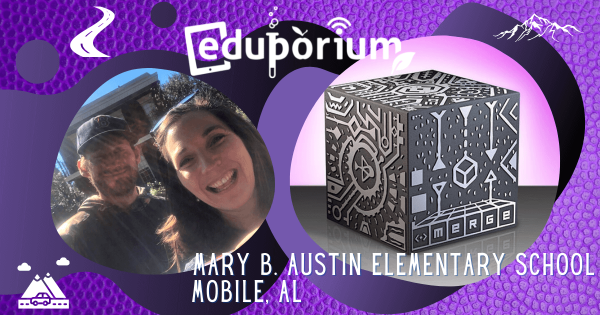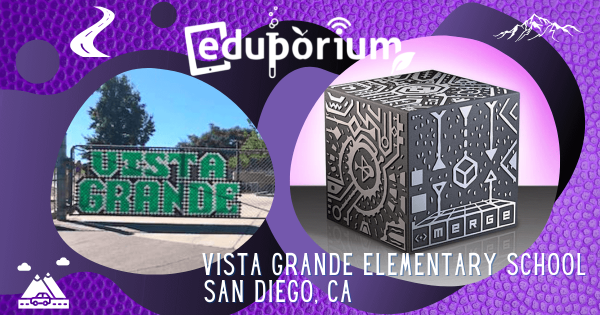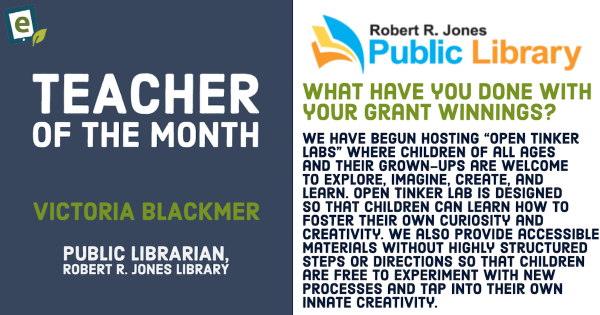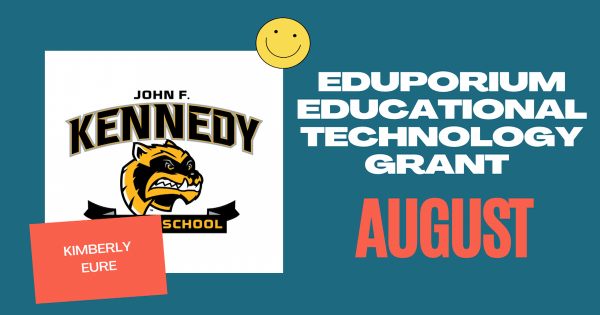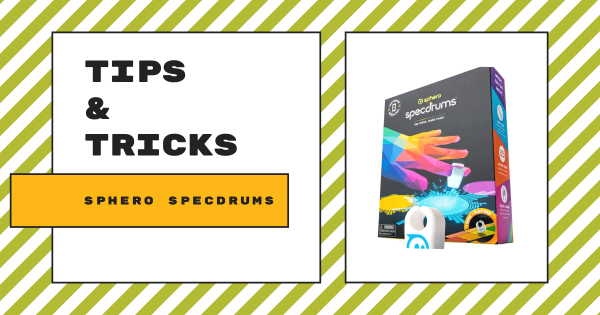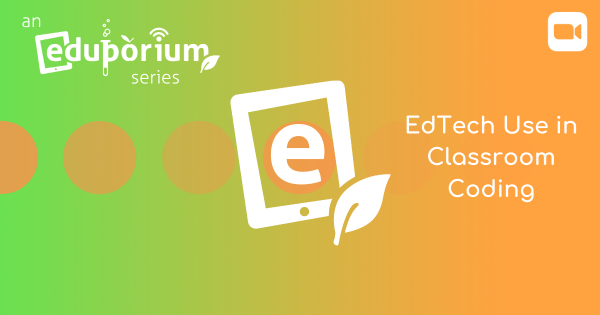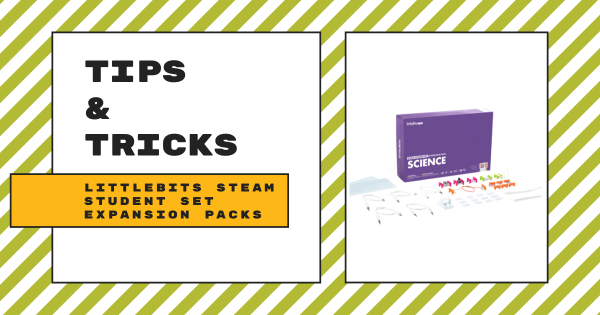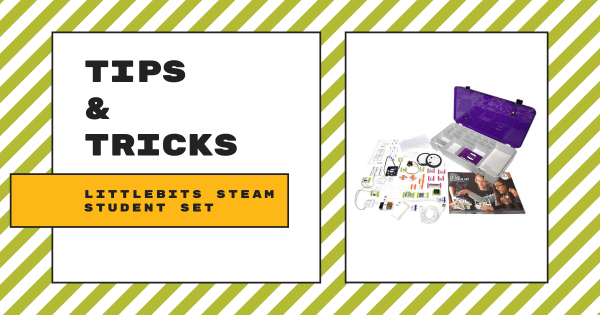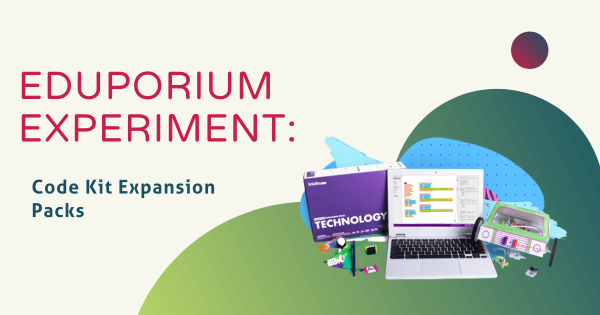Andy is dropping cubes off to 10 educators all across the country and has already made the first handful of initial stops, visiting schools in Burlington, VT, Chicago, Los Angeles, and San Diego. Yesterday, he finished made the fifth drop-off and visited Jennifer Fischer, who teaches STEAM at the Mary B. Austin Elementary School in Mobile, Alabama!
STEAM
A broadened area branching out from STEM education, STEAM typically refers more to the creative side of things. STEM stands for Science, Technology, Engineering, and Math, which also happen to encompass some of the most prominent careers today. If we add an 'A' to make it STEAM, however, now we're incorporating art as well. Though not super closely related to science and technology on the surface, the arts may seem to be a strange element to add into STEM learning. With more opportunities to be creative, however, students can develop many of the key skills they'd need for success in a STEM career. STEAM learning encompasses many different areas—from artistic projects or makerspace endeavors to creatively solving problems. As kids try new, hands-on experiences, they also have more chances to activate inquiry and curiosity. And, these are two key drivers of learning and discovery.
Essentially, moving from STEM to STEAM involves adding extra creativity and opportunities for artistic freedom and exploration. Oftentimes, children will leverage various technologies in STEM or MakerEd projects but they can do even more. Tapping into the STEAM side of things, this gives them a chance to learn how thought-provoking questions and unique design elements can also come into play during their problem-solving processes. Educators could still encourage students to question things and connect problems to solutions—albeit with a more artistic lens. In STEAM projects, children often get to incorporate personalized details that illustrate some of their passions. And, while this self-expression is also important, it's how they authenticate these projects to the next degree that's truly valuable. Browse our STEAM content below for more insights and check out our store for all the tools you'll need.
-
Merge Cube Donation No. 4: A Stop in San Diego
Our Merge Cube donation tour continued at the beginning of this week as Eduporium’s Andy made the fourth stop on his road trip. After driving down the entire coast of California, he made it to San Diego on Sunday night. Rumor has it Andy left the world-famous San Diego dog beach, where his dog was having a blast rolling in -
Eduporium Weekly | Talking About Family Tech Nights
School leaders are always looking for ways to get members of their community—most commonly the parents of their students—involved with what kids are doing in the classroom. Today’s students are accomplishing so much especially when it comes to innovative learning and, too often, parents don’t get to truly see what they’re working on. -
Eduporium Featured Educator: Victoria Blackmer
This month, we’re featuring Victoria Blackmer, who’s a public librarian from Illinois, who’s been using some EdTech solutions that she received through our grant program to host open tinker labs to inspire all the students in her community to experiment and be creative. Read more to learn about these open tinker labs she’s helped create and what makes them great! -
Our EdTech Grant For August Has Been Handed Out!
This month’s award goes to Kimberly Eure, a middle school teacher at John F Kennedy Middle School in Suffolk, VA! Kimberly is dedicated to helping her “quirky” students find books they love and applied for our grant in hopes that technology might be able to play a role in that! Read on to learn more about what Kimberly has planned. -
Tips & Tricks | Creating Music With The Sphero Specdrums
Your Sphero Specdrums are essentially technological synesthesia brought to life. Kids can turn the colors in their physical environment into sounds that they can modify, customize, and record. Keep reading to learn more about the Specdrums and how these tiny pieces of technology create big opportunities for creativity in many different subjects. -
Video: Getting Started With Tech Use In Classroom Coding
Eduporium co-founder, Irina Tuule, discusses strategies that educators can use to ease into EdTech usage. By starting slow and integrating new STEM tools in any way that is comfortable to them, educators can set themselves up for increased student engagement and eventual success levels all while trying some different things—just like in The Little Red Riding Hood! -
Tips & Tricks | littleBits STEAM Student Set Expansion Packs
There are now two cool Expansion Packs for the STEAM Student Set—one focused on science, and one for focusing on math. You will need a littleBits STEAM Student Set in order to use the expansion packs since the learning activities are scaffolded for students in Grades 3-5 and help teachers build on prior experiences but neither pack comes with the -
Tips & Tricks | littleBits STEAM Student Set
If you are looking to implement littleBits into your classroom or library, the STEAM Student Set is the perfect introductory kit. It’s designed to be used by 1-3 students at a time, comes in packs of one, six, eight, or 10, and can support multiple groups and classrooms. It is ideal for students in Grades 3-8 and includes a bunch




